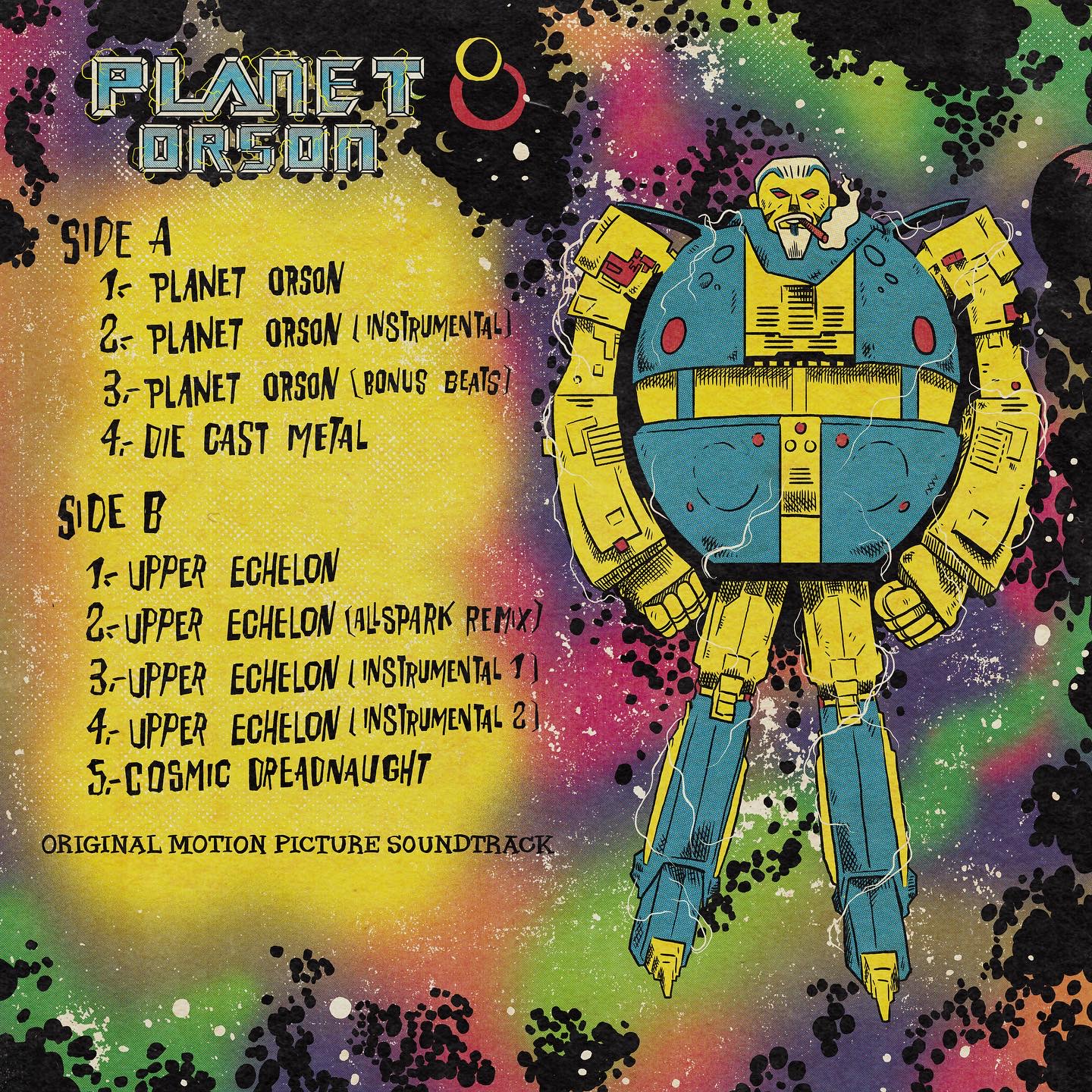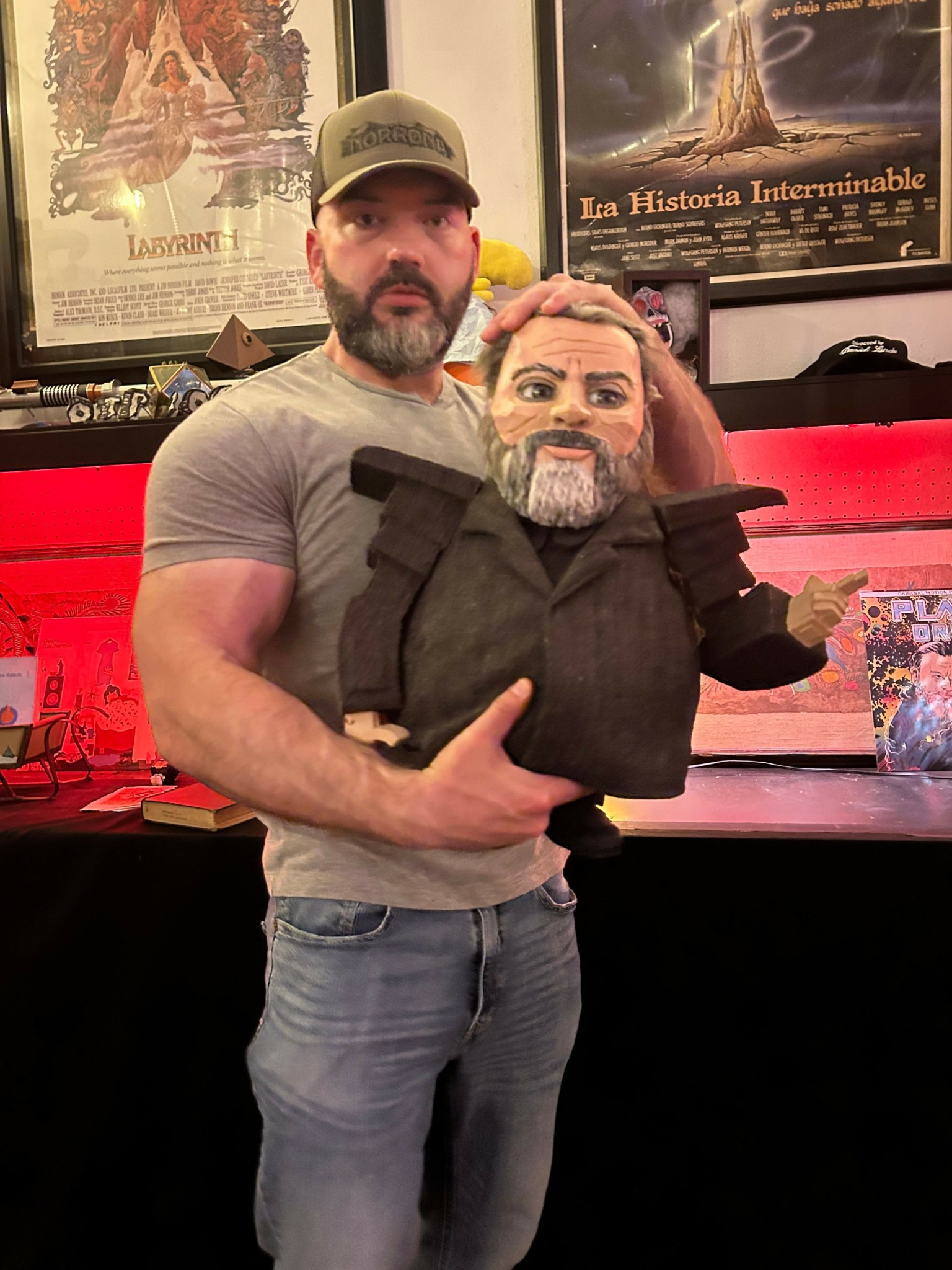We’re excited to introduce you to the always interesting and insightful Jared Egol. We hope you’ll enjoy our conversation with Jared below.
Jared, thanks for joining us, excited to have you contributing your stories and insights. The first dollar you earn is always exciting – it’s like the start of a new chapter and so we’d love to hear about the first time you sold or generated revenue from your creative work?
I met an executive at a screenwriting event in LA, who wanted to stay in touch based on a sample. While I was working as a middle school teacher, this executive put me in touch with the brother of a famous producer who decided he was going to pay me in “exposure,” which pays as much towards rent as being paid in mothballs might.
I worked for about half a year on various drafts, all while never getting a raise on my “exposure.” But the exposure was valuable for another reason: it demonstrated that I had a talent that was desirable, as despite the non-payment the notes were effective, and the story was visibly taking shape at a professional level. That film remains unmade to this day, but it did lead the original executive to hire me to write my first paying gig — a TV pilot and treatment for a Sci-Fi series. When I got paid, it meant that I could take this work seriously, and proceeded to treat it (and its hardships) with full-time seriousness.

Great, appreciate you sharing that with us. Before we ask you to share more of your insights, can you take a moment to introduce yourself and how you got to where you are today to our readers.
When I found out that I was going to be a father at 21, I forewent the boon of medical school to pursue the destabilizing trajectory of a screenwriter, as I felt that no matter how threadbare my career might ultimately be (and knowing I’d find a way to provide for my daughter no matter what), I would do a better job of parenting if for work I was doing the second thing that I was put on this Earth to do, which after being a father — far far far near-infinitely behind in second place — is writing.
With this conviction in hand, I pursued my MFA in Screenwriting from Chapman University, and upon completion of the degree (and the connections it made: Julie Kirkham, Tom Mankiewicz, Larry Gross and Ron Friedman tell you you’re good at what you’re doing was worth the tuition) I returned to Florida to be near my daughter. I took a job teaching while writing in my free time, and eventually after enough work for hire was able to quit teaching and write on the side, until I began winning festivals, placing on the Black List site for well-regarded screenplays, and finally securing a literary manager after one of my scripts, CLAY TOMMY, scored 9s and 10s on the Black List (a site where an 8 gets you noticed by the industry, while 9s and 10s get you noticed exponentially more, presuming the logline provides intrigue).
My literary manager had me focus on writing a biopic, and for over a year I researched Orson Welles, selling the Transformers toy collection I had amassed since childhood to support my daughter while being free from work for hire. After two drafts of the script, my manager enthused about attaching certain A-list directors. My management company had sold the Michael Jackson stop-motion biopic, BUBBLES, written by Isaac Adamson, and with Taika Waititi directing, at Cannes for ~$20 million, so I had trust in my team to sell my equally preposterous story — one where Orson Welles tells his life story the Transformer he voiced at the end of his life — presuming Hollywood would be risk averse enough. Turns out they weren’t, and before COVID everyone that my team had gone out wide to passed on the script.
I pivoted to sending the script out on my own, with its high-scoring Black List review attached. I got a read and response from GOOD WILL HUNTING producer Su Armstrong, and with that endorsement reached out to noted animation producer Eric Calderon, who envisioned the project as a stop-motion feature film. He connected me to Open The Portal, one of the preeminent stop-motion outfits today, and they became fast friends who designed concept art for PLANET ORSON as they envisioned, and with Eric’s assistance we ultimately created a crowdfunding campaign that raised enough to not only bring awareness, but to begin the process of making the film by developing the script as a graphic novel, which has since been used in its early phases as inducement to bring other film attachments on board. We are fortunate to have since added Harry Chaskin, known for his work on HBO’s SANTA INC, as well as for working closely with Charlie Kaufman on ANOMALISA, as our director, and Irish super-producer Antoinette O’Grady as an additional champion of the film.
We’ve also been fortunate to have attracted some top-tier musicians for the project: Eso from the Hip Hop supergroup CZARFACE made an album for PLANET ORSON, and we have since attracted several other artists, such as AFRO, Conductor Williams, Tha God Fahim, Open Mike Eagle, Mega Ran and MF Grimm.

How can we best help foster a strong, supportive environment for artists and creatives?
It can treat artists like the employees of the state they are. Many other countries, particularly in Europe, subsidize artists as a way to ensure that culture and lifeblood and narrative continue to course through, texturing daily life with expressions of what makes it meaningful. Similar to how reading teaches people how to think, art conditions people to feel, transcending language. As Charlie Kaufman often says (approximately): “If my film was ‘about’ something, then I’d just say what it’s about.” Artists need to be able to afford (and transcend) survival so that they can make things that are more than just saying something, which is something people are good at doing after consuming the art. And the more that is said, and the longer it’s said for, the better spent the money set aside to feed the creator of such things that can’t just be said. There’s a reason why people tell stories, rather than say them.

For you, what’s the most rewarding aspect of being a creative?
I don’t work a day in my life, which means I’m free to work all the time.
Contact Info:
- Website: https://www.gofundme.com/f/tv-legend-ron-friedman-with-medical-expenses
- Instagram: @jaredegol





